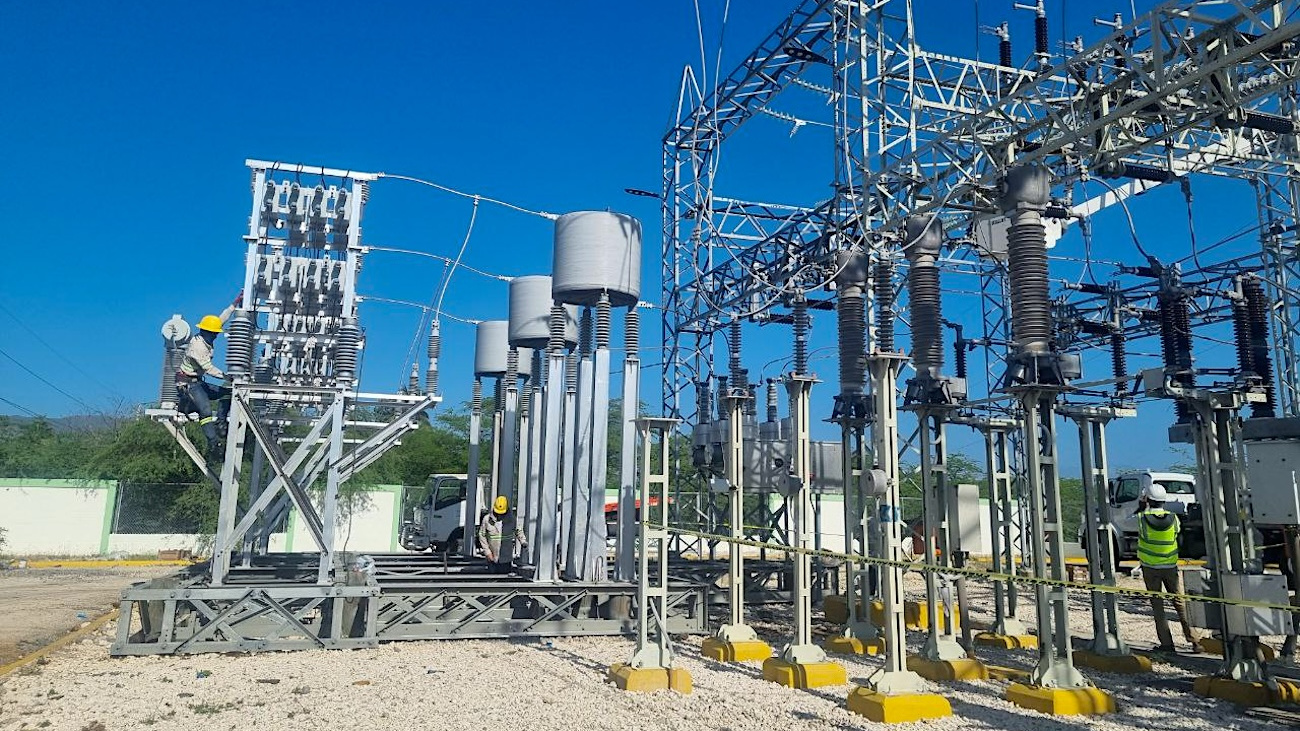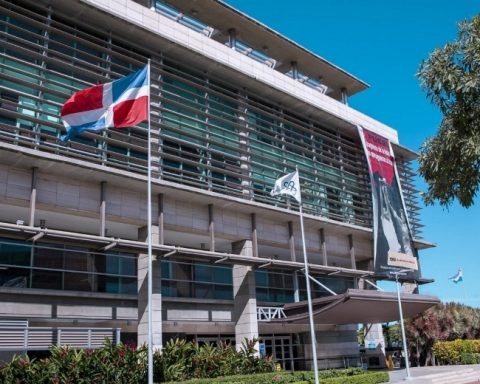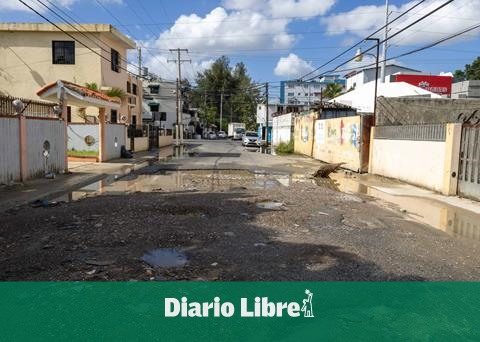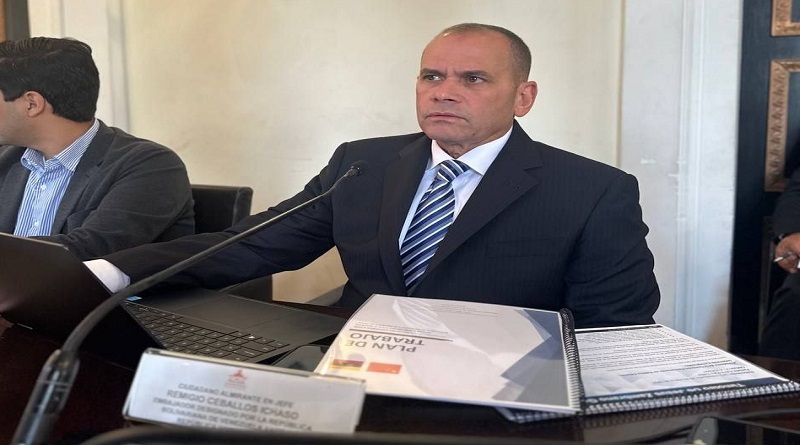The crisis affecting electricity distributors in the Dominican Republic is only a reminder of a worrying reality: management errors, lack of planning and, above all, the absence of a long-term vision, which continue to condemn the electrical system to a cycle of precariousness.
But how long will we allow this essential link in our national infrastructure to remain an unsolvable problem?
The statements made a few weeks ago by Celso Marranzini, head of the Unified Council of Electricity Distribution Companies (CUED), point to a scenario that we already knew about but that few have wanted to face with the seriousness that it requires. Marranzini is used to taking it seriously. And he does not hide it.
Edesur, which was managed by Milton Morrison, has been the center of controversy over the failed acquisition of transformers. Marranzini said that due to the inefficiency in the purchasing planning of electricity distribution companies, referring to Edesur, “the company is in a critical situation, especially in light of the heat wave that has increased consumption and caused damage to numerous transformers.”
As a result, Edesur did not have – when Milton left the position, according to Celso – distribution transformers available and has had to resort to some loaned by Edeeste. Yes, that’s right.
In 2022, always based on what was reported to the press, it is not our invention, Edesur acquired 900 transformers in China, and paid a 20% advance. However, the previous administration did not comply with the process of sending an inspector to China to verify the quality of the equipment, which delayed its shipment to the Dominican Republic. It was only on August 1 of this year, with the new management of Edesur, when a technician was sent to carry out the inspection. Unbelievable!
Celso has been clear, and it is not surprising that he is: “The electricity distribution companies, especially Edesur Dominicana, must replace the damaged transformers, even if they are rebuilt, to guarantee the electricity supply.” These “refurbished” transformers, as they are known, undergo a parts replacement process that turns them into functional equipment.
Such setbacks as those we are referring to lead us to an inevitable question: to what extent has inefficiency become normal in our institutions? More than 800 thousand clients do not pay for the service, while the distributors deal with financial and operational problems; in the case of Edesur, they are a legacy of the past, it has been said.
But the crisis is not just about equipment or past management. It is also a question of national priorities. Why do we continue to allow distribution companies to operate under this level of precariousness?

















